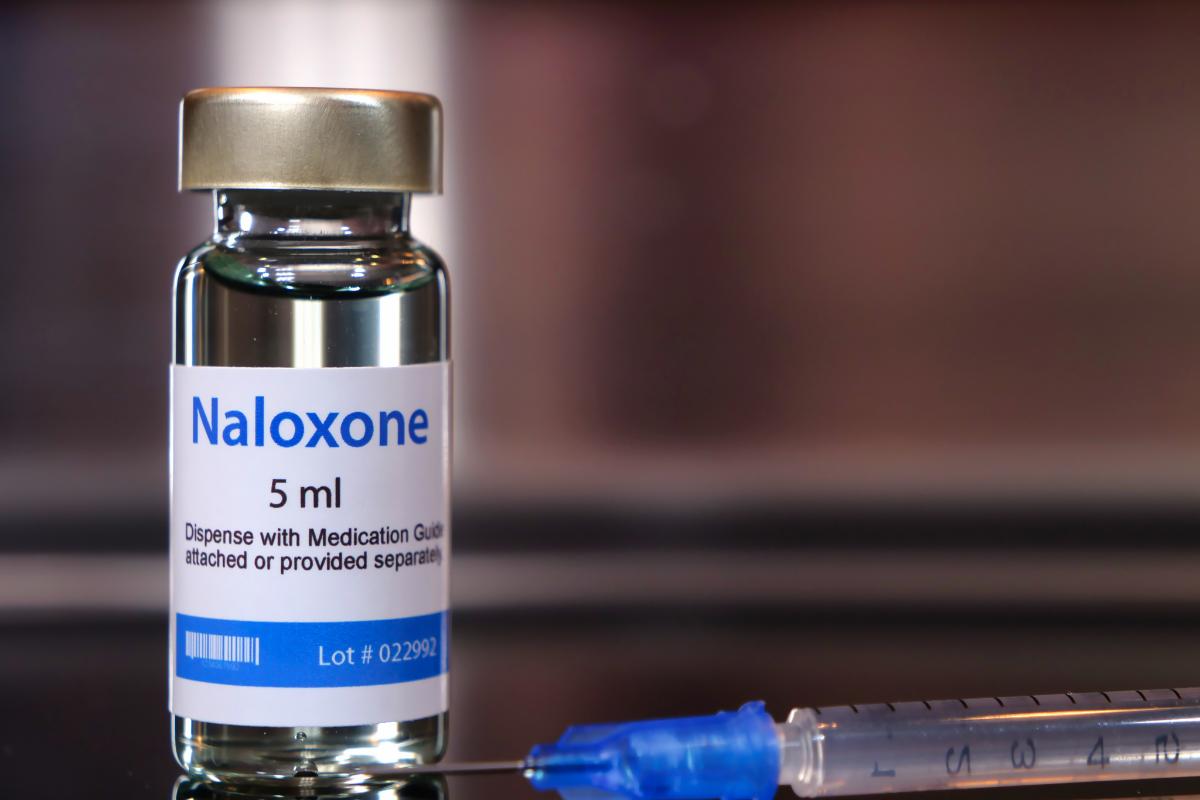Drugs and alcohol can cause severe withdrawal symptoms and cravings that can be overpowering. You might feel that you need to continue to use these substances despite knowing the harm you are causing to yourself and others. A Vivitrol clinic in Thornton can help you with medication-assisted treatment that includes Vivitrol and other FDA-approved drugs. A Vivitrol clinic near Thornton, CO can give you the opportunity to reduce your cravings to focus on your addiction recovery.
At Colorado Medication Assisted Recovery, our medical staff can administer Vivitrol and other drugs to reduce your cravings and some of the painful withdrawal symptoms addiction creates. As part of our outpatient and telehealth services, a Vivitrol treatment program may benefit your level of addiction. To learn more about our Vivitrol clinic in Thornton, call 833.448.0127 today to speak with our caring staff and begin your addiction recovery.
What Is Vivitrol?
Vivitrol is one of the brand names for naltrexone, a non-opioid medication that blocks opioid receptors in the body. It is an extended-release intramuscular injection given once a month by a medical professional to help stop your cravings and the euphoric feeling you get from alcohol and opioids. Vivitrol has proven to be very beneficial for alcohol use disorder and opioid addiction when combined with behavioral therapy.
Vivitrol works by binding with the opioid receptors in your body and blocks the euphoric feelings that opioids and alcohol can produce. It will also stop the cravings that push you to continue to abuse your substance of choice beyond healthy limits. Without the cravings, you will no longer feel the need to continue using.
Some patients may experience minor side effects from Vivitrol, which may include:
- Headache
- Nausea
- Stomach pain
- Dizziness
- Anxiety
Patients with a history of liver disease or hepatitis should not take Vivitrol as it can cause liver damage. If you take Vivitrol with opioids still in your system, you may experience:
- Hallucinations
- Blurred vision
- Confusion
- Anxiety
- Severe vomiting and diarrhea
Benefits of Using Vivitrol in a Medication-Assisted Treatment Program
Vivitrol is one of the newer medications that the FDA has approved for treating alcohol and opioid use disorders. It is not an opioid agonist, like methadone or buprenorphine, and has little risk of abuse.
If you drink while taking Vivitrol for alcohol use disorder, it will block the euphoric effects that alcohol can produce. Without the heightened experience, your body will stop craving the substance as it can no longer provide the euphoric feeling it is expecting.
For opioid addiction, Vivitrol binds with the opioid receptors and completely blocks any release of dopamine or other endorphins. It blocks other opioids from binding with the receptors, canceling any of the high effects opioids can produce.
Other benefits of taking Vivitrol will include:
- The once-a-month shot is administered by a medical professional, reducing the chances of missing medication
- Long-lasting effects that last for one month
- Naltrexone is not an opioid, so there is zero risk of abuse
- Little to no side effects
- Non-addictive
Choose Colorado Medication Assisted Recovery for Your Vivitrol Clinic in Thornton
At Colorado Medication Assisted Recovery, our treatment facility near Thornton, CO can give you the help you need in recovering from alcohol or opioid addiction. Professional medical staff will administer and monitor your medication-assisted treatment as necessary and is a part of all of our treatment programs:
- Partial hospitalization program
- Intensive outpatient program
- Outpatient program
- Telehealth services
Our medical and therapy staff will work together to form an effective addiction treatment program during your initial evaluation and monitor your progress and update your medication accordingly. We intend to have you completely drug- and alcohol-free by the end of your program. For more information about our Vivitrol clinic in Thornton, call 833.448.0127 today and begin your road to recovery with our Vivitrol treatment program.

























